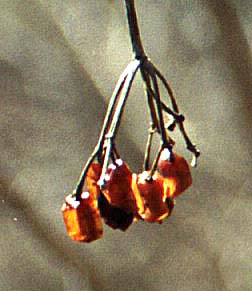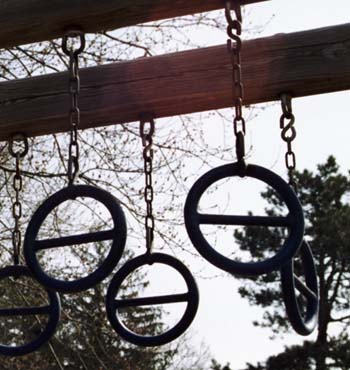
Suffering, symbolized by the cross, is at the heart of Christianity. Simone Weil calls this penal suffering, suffering inflicted upon one by external force, reducing one to matter. This is a time of penal suffering -- of occupying armies, of militant religions, of spineless and duplicitous politicians, of rabid crowds, of jeering, abusive soldiers. The engine of force grinds on day and night, crushing everything in its path.
Suffering is also the first noble truth of Buddhism. Dukkha: the unsatisfactoriness of conditioned phenomena. Birth, old age, illness, grief, despair, death. The vulnerable, mortal body. What is the origin of suffering ? Craving. Clinging. And cessation ? The eightfold path -- right understanding, thought, speech, action, livelihood, effort, mindfulness and concentration.

Christ was the consummate Bodhisattva. One could imagine this, from the Bodhisattva vows, in the Sermon on the Mount: Beings are numberless. I vow to save them. Compassion is at the heart of both religions. We are not separate from one another. We are members of the Body of Christ. How can we, then harm one another ?
Craving. Clinging.
The incarnation. God puts on the humilating mantle of flesh. The latin words from Arvo Part's ravishing setting of the Nicene Creed -- Deo de deum, lumen de lumine, deo vero de deum verum -- run through my head. God from God, light from light, true God from True God. Consubstantial. Incarnation: form and emptiness consubstantial. The incarnate God, tortured. Soldiers jeer. High priests, avid to preserve their authority, call for death. The viceroy washes his hands.

No comments:
Post a Comment